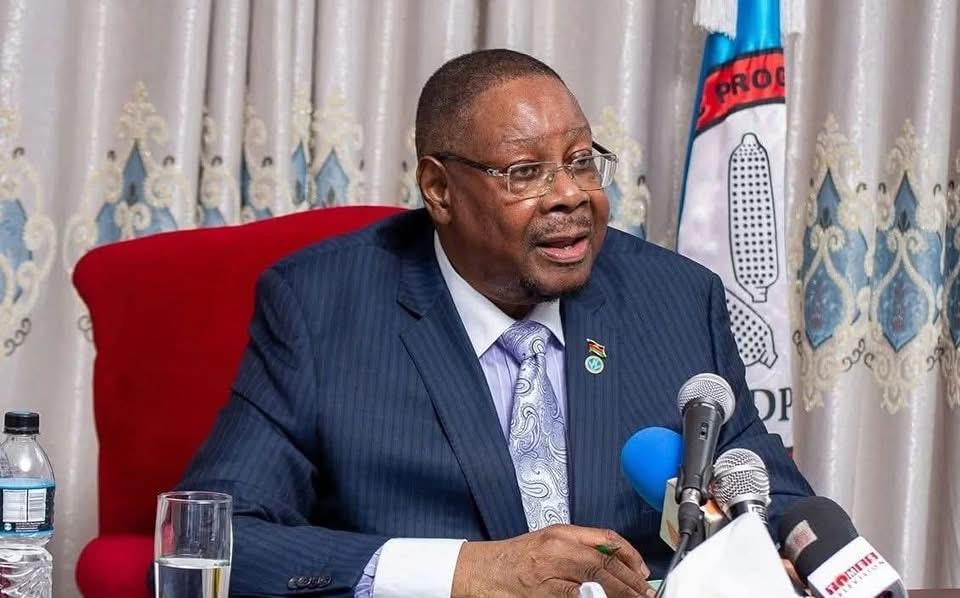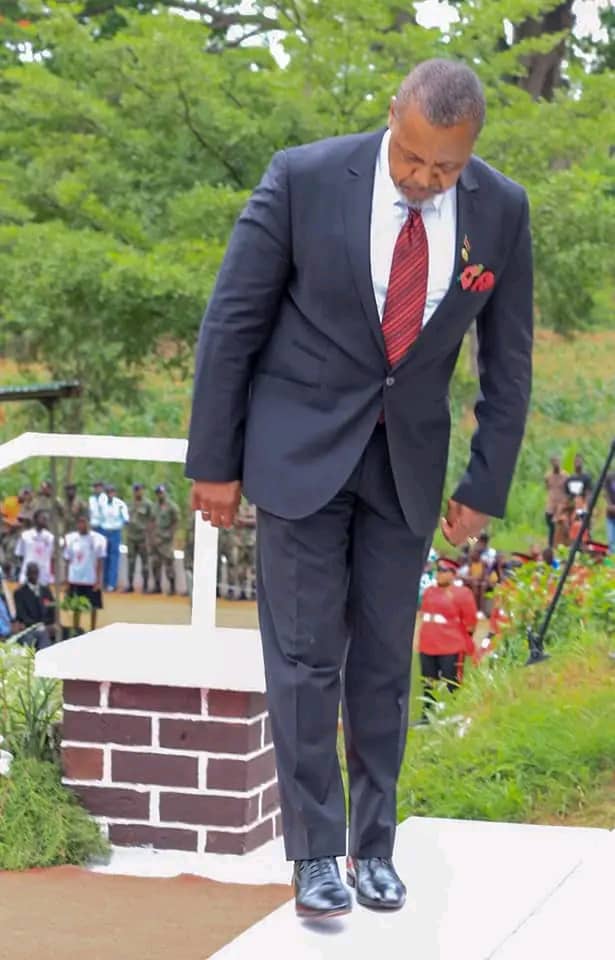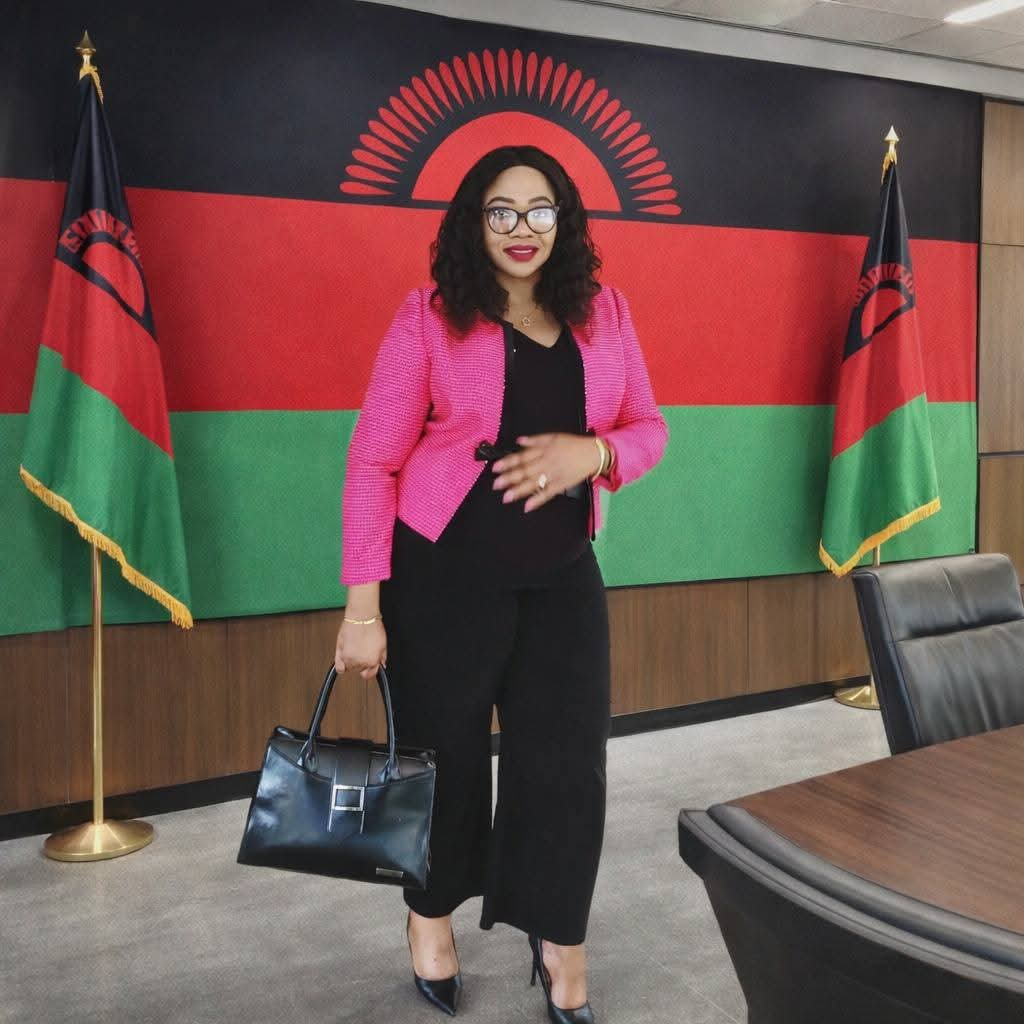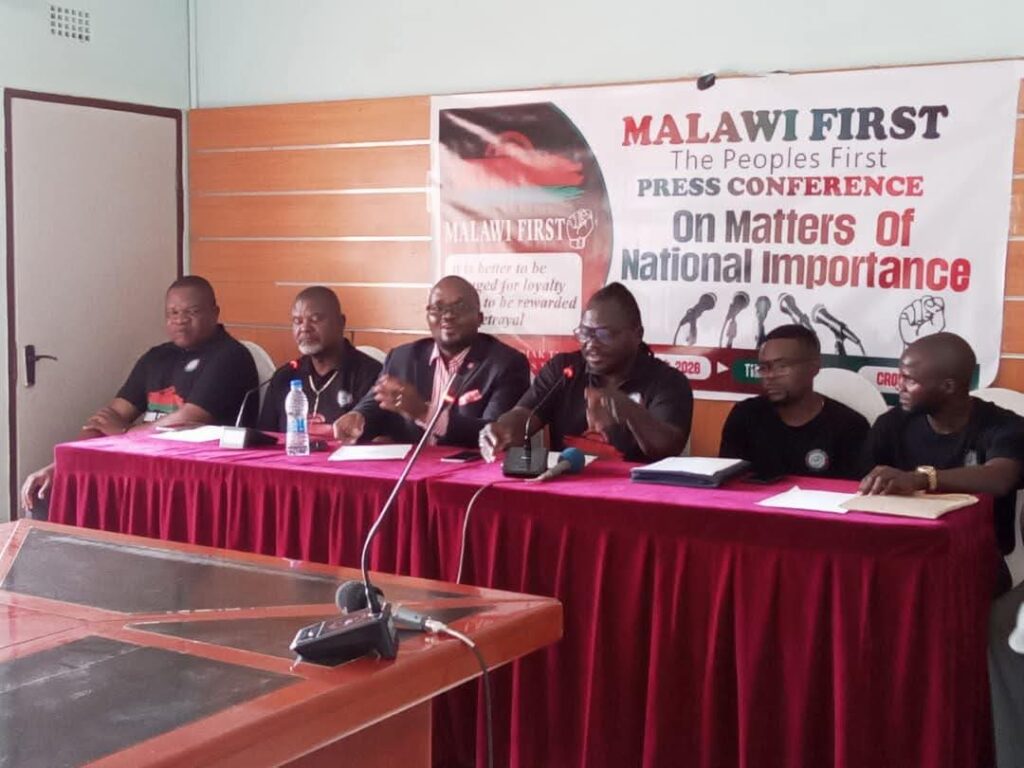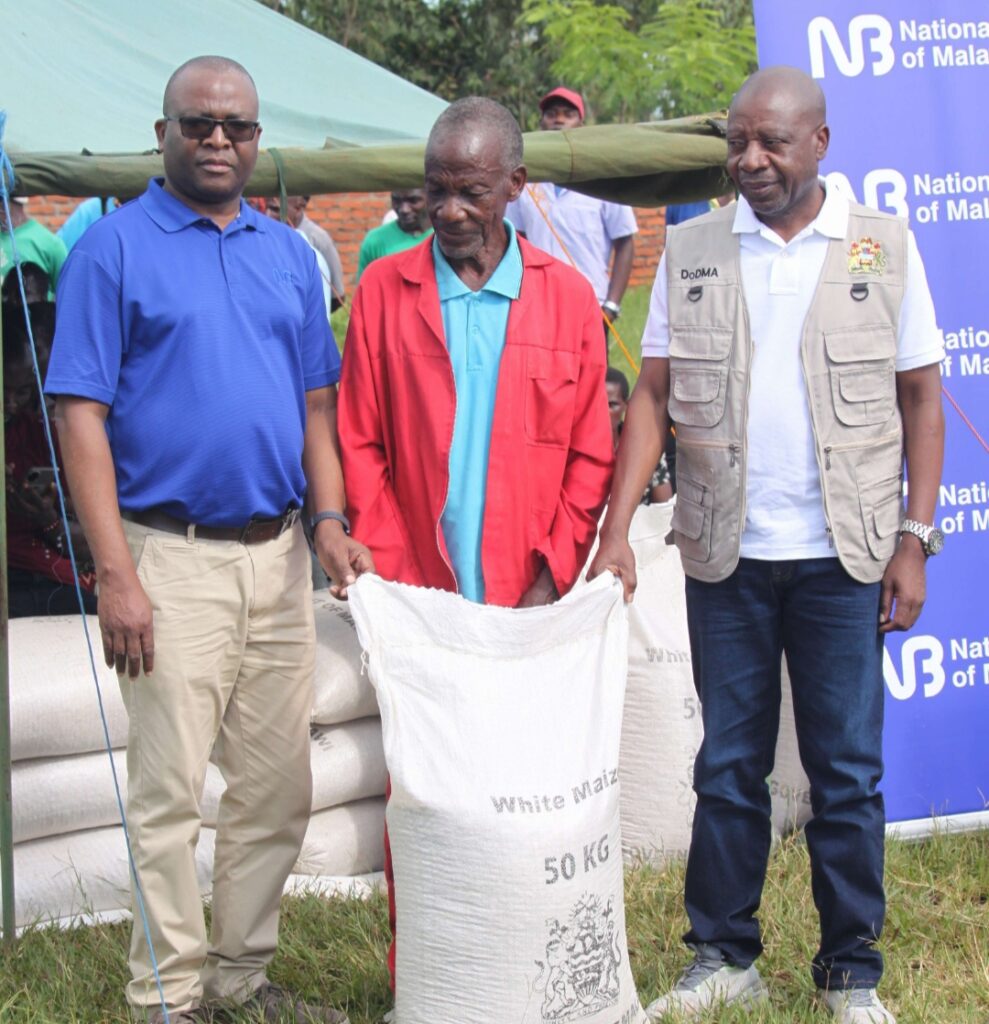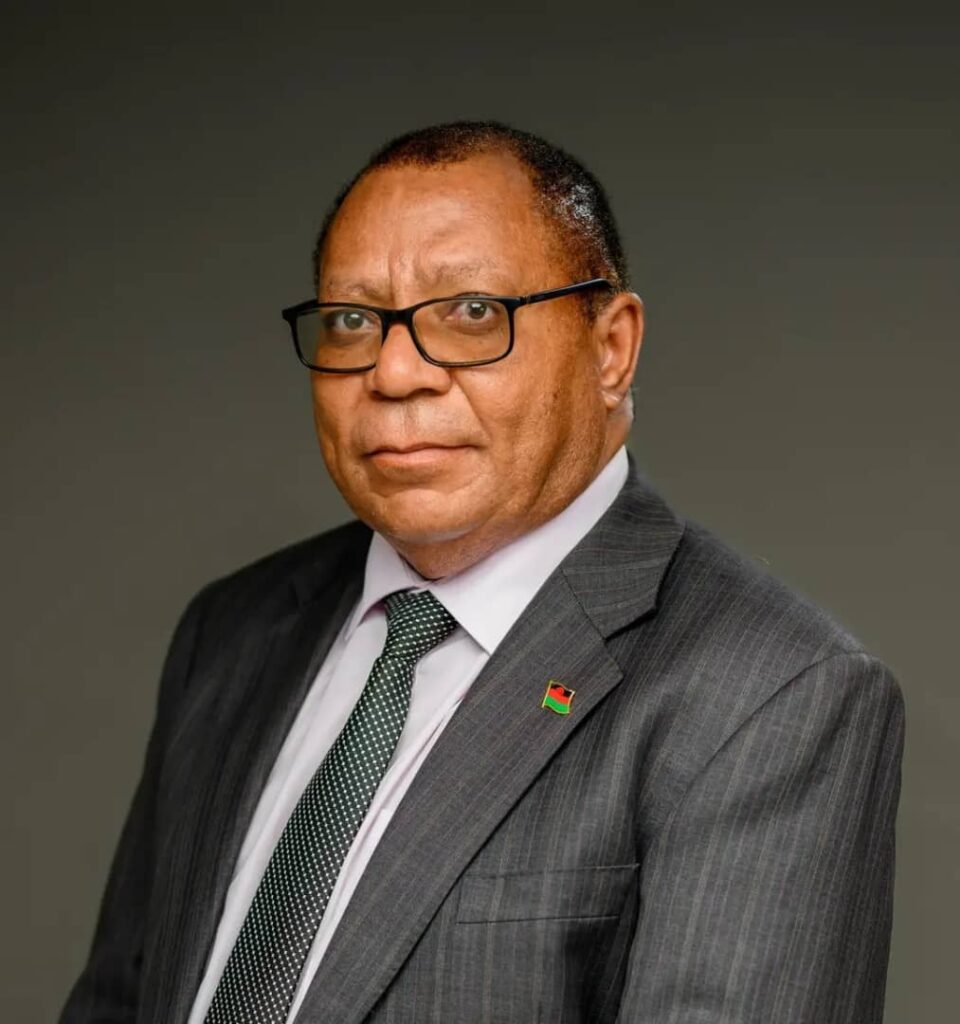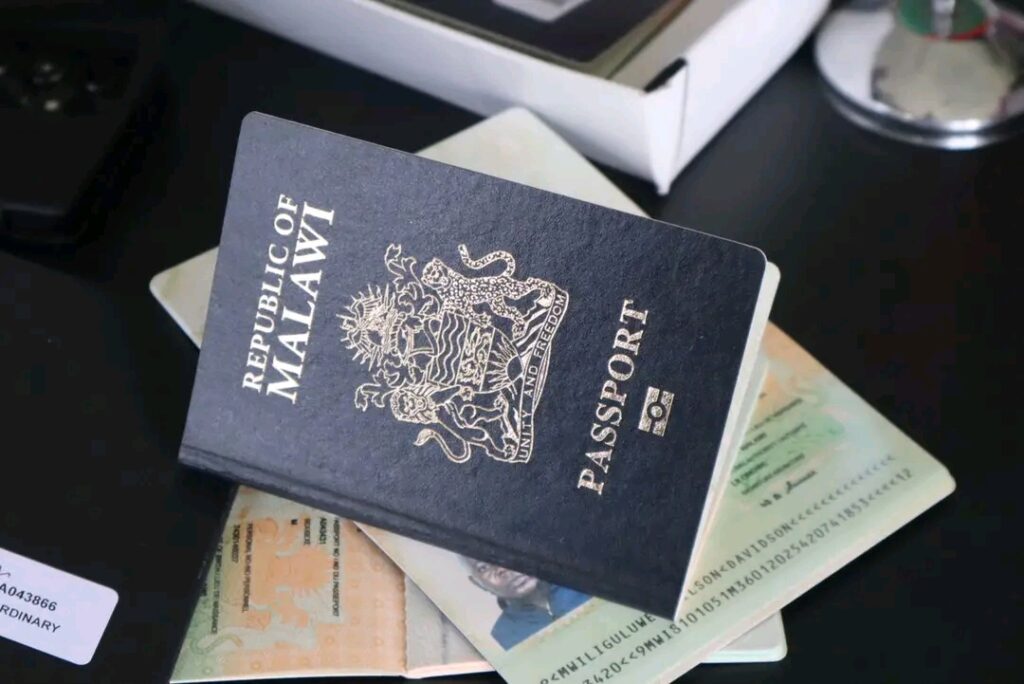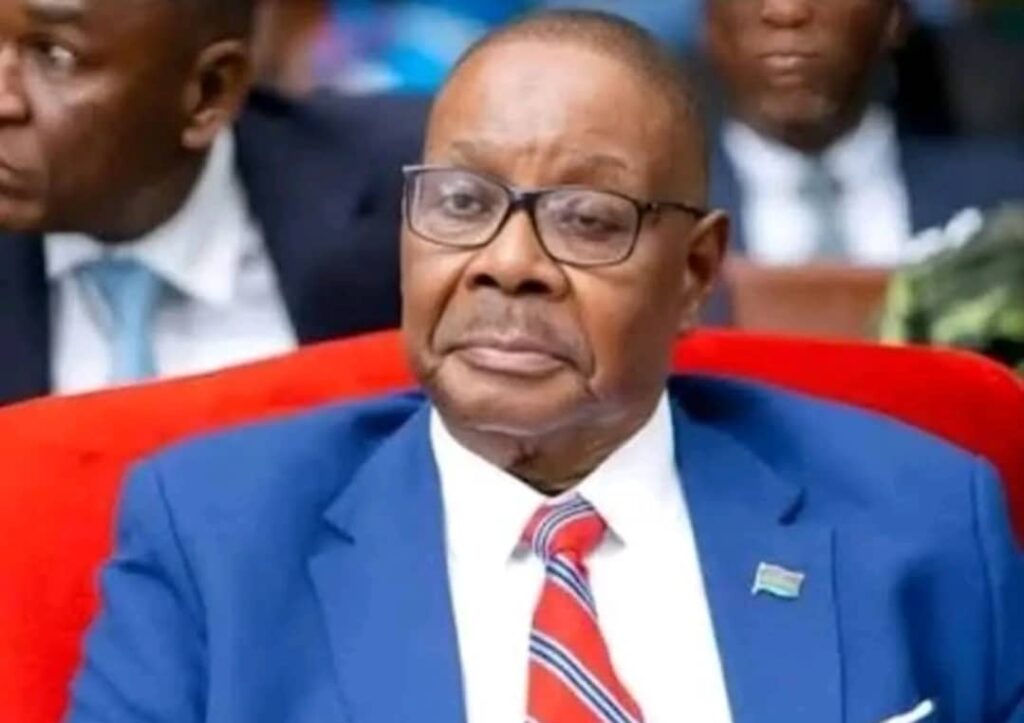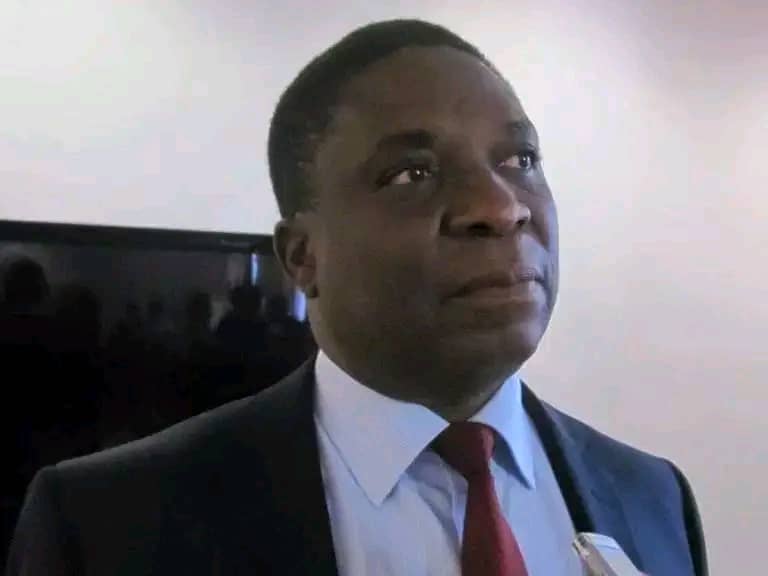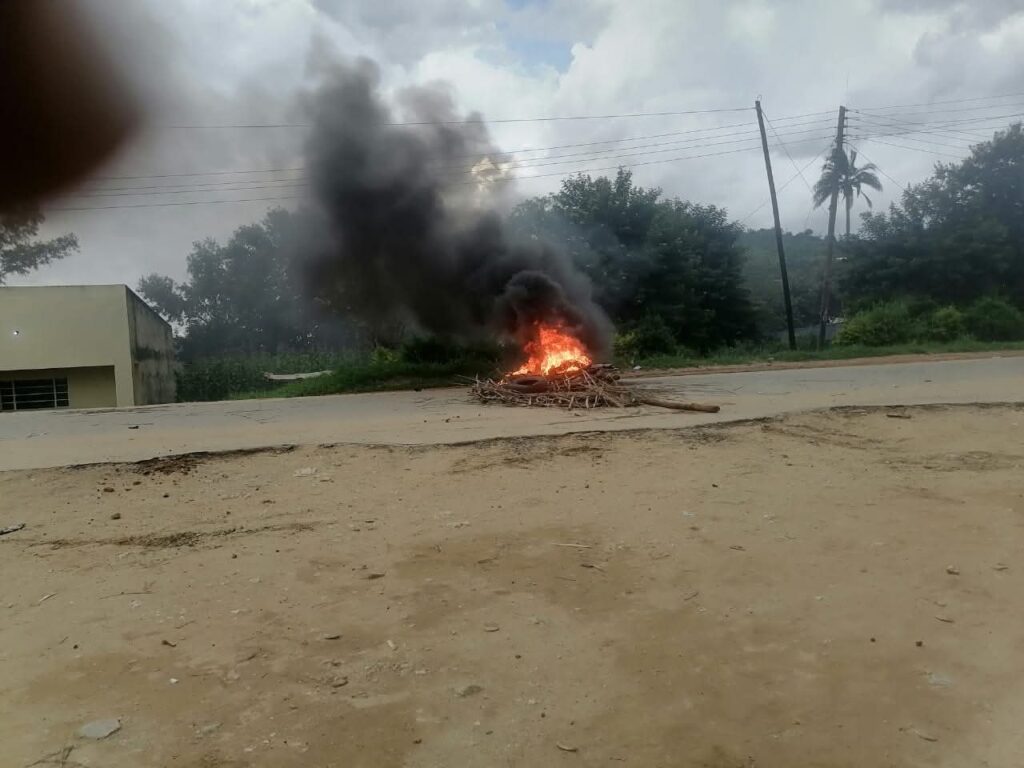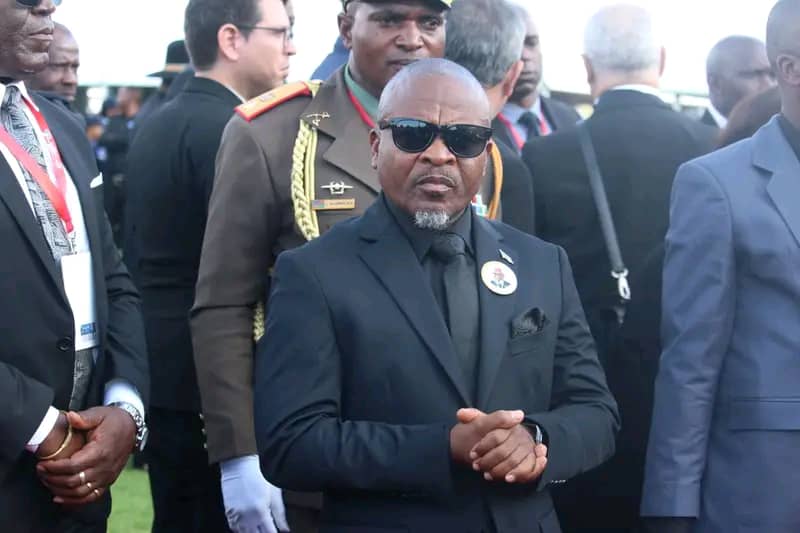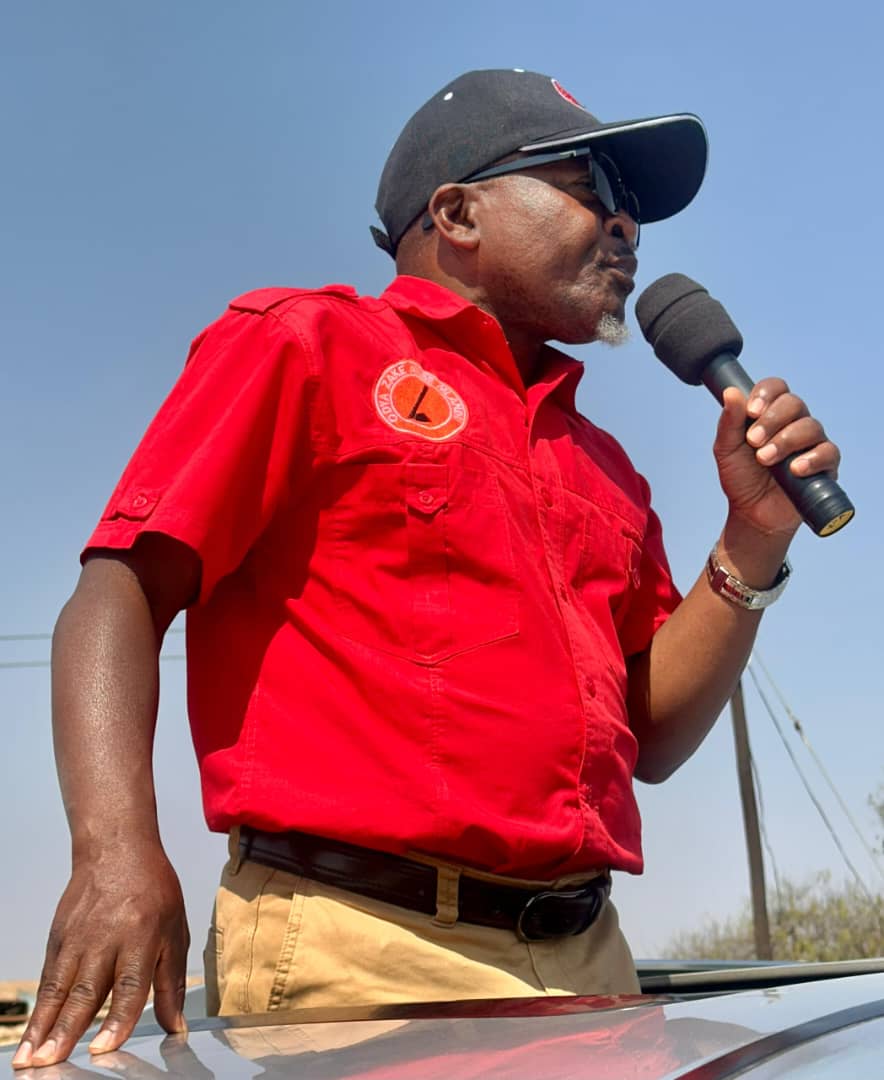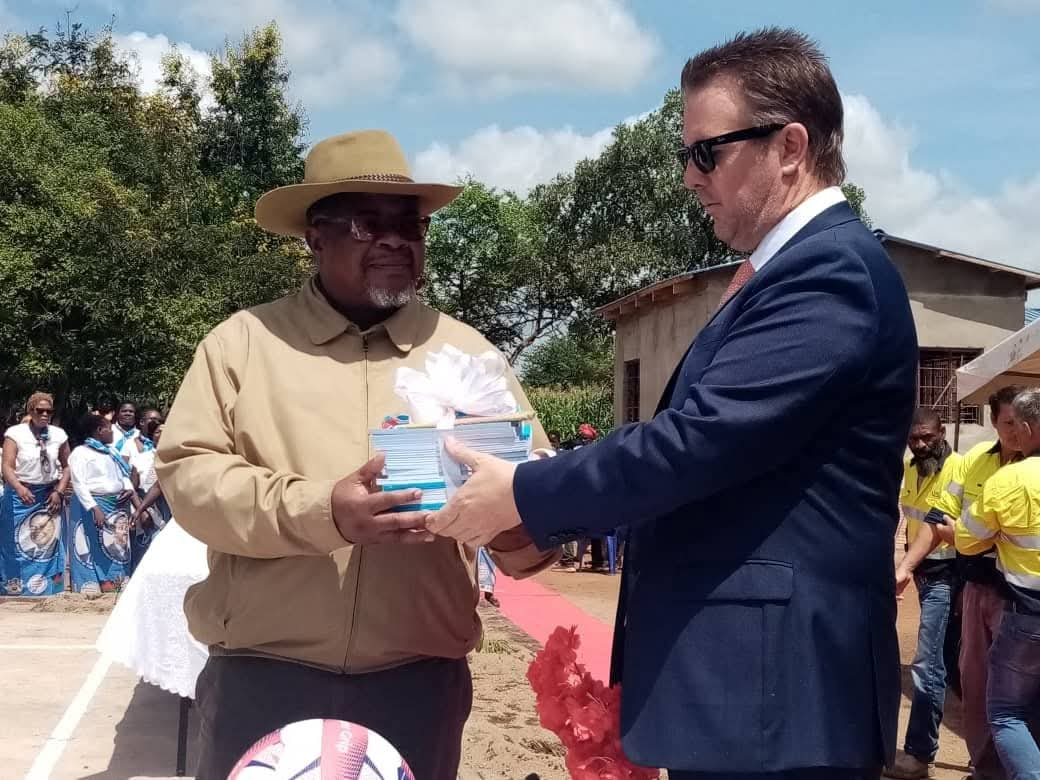By Burnett Munthali
The debate on whether Professor Arthur Peter Mutharika (APM) or Pastor. Lazarus Chakwera has been a better leader requires a comparative analysis of their leadership styles, democratic principles, economic management, and governance. A review of their respective administrations reveals that Mutharika demonstrated more effective leadership, particularly in democracy, economic stability, and institutional independence.
Who is democratic and upholds democratic principles?
Professor Arthur Peter Mutharika was a staunch believer in democracy and allowed citizens to exercise their rights freely. Despite challenges, he ensured peaceful governance and did not suppress dissent. During the aftermath of the 2019 elections annulment by the courts, Mutharika respected the judiciary’s decision, maintaining peace and stability even though the ruling was against him. Protests were allowed without excessive force or suppression.
Lazarus Chakwera, while promising to uphold democracy, has been criticized for suppressing dissent. His administration has used police force against peaceful protests and opposition activities. This approach has been perceived as a betrayal of the democratic ideals he campaigned on.
Verdict: Mutharika proved to be a more democratic leader by respecting the judiciary and allowing freedom of assembly and expression.
Who is capable of delivering and who is a complete failure?
Under Mutharika, Malawi experienced infrastructural development, including road networks, community technical colleges, and energy projects like the Malawi Rural Electrification Program (MAREP). The economy remained relatively stable, and his policies fostered growth in agriculture and trade.
Chakwera’s administration promised to create one million jobs and transform the economy. However, his tenure has been marked by unfulfilled promises, rising unemployment, and a deteriorating economy. Many citizens have criticized his government for focusing more on international travel than on addressing local challenges.
Verdict: Mutharika demonstrated better capacity to deliver tangible results.
Who is not corrupt and willing to fight corruption?
Mutharika’s administration faced corruption allegations, but he allowed the Anti-Corruption Bureau (ACB) to operate with a degree of independence. Scandals like the cement case were investigated without silencing the ACB or targeting its leadership.
Chakwera’s administration, despite promising to fight corruption, has been marred by scandals involving senior officials. The arrest of ACB Director General Martha Chizuma at 4:00 a.m. by armed officers showed a blatant attempt to weaken anti-corruption efforts and protect corrupt officials. This incident eroded public trust in his commitment to fighting corruption.
Verdict: Mutharika’s leadership allowed the ACB to function more professionally, making him less corrupt and more willing to fight corruption than Chakwera.
What did the arrest of Martha Chizuma translate to Malawians?
The arrest of Martha Chizuma was a turning point for public perception of Chakwera’s leadership. It symbolized the suppression of anti-corruption efforts and signaled to Malawians that the fight against corruption was no longer a priority. The excessive use of armed officers highlighted an authoritarian approach, undermining public trust in the government’s sincerity.
Under Mutharika, no such arrests targeting the ACB leadership occurred, allowing the bureau to operate with integrity.
Verdict: Chakwera’s administration failed Malawians by undermining the ACB’s independence through Martha Chizuma’s arrest.
Who made many Malawians more poorer through poor economic policies?
Pastor. Lazarus Chakwera made many Malawians sad through poor economic policies. His administration has been marked by:
Devaluation of the Kwacha: The significant drop in the value of the Kwacha has drastically reduced the purchasing power of Malawians, making imported goods and basic necessities unaffordable for many.
High Inflation Rates: The cost of essential goods, including food, fuel, and medicine, has skyrocketed, leading to widespread suffering.
Unemployment and Job Losses: Chakwera promised to create one million jobs, but instead, the unemployment rate has worsened, leaving many, particularly the youth, in despair.
Fuel Shortages: Frequent fuel crises have disrupted daily life and business operations, creating economic instability and frustration among citizens.
Unfulfilled Campaign Promises: Chakwera’s failure to deliver on key promises, such as economic reforms and poverty alleviation, has left many disillusioned.
These economic missteps have caused widespread sadness and dissatisfaction among Malawians, as they continue to face declining living standards and increased poverty under his leadership.
Who maintained the value of the Malawi Kwacha?
Under Mutharika, the Kwacha was relatively stable, with policies in place to manage foreign reserves and control inflation. This stability helped maintain the purchasing power of citizens.
Chakwera’s leadership has been marked by a severe devaluation of the Kwacha, leading to higher costs of goods and services and worsening poverty.
Verdict: Mutharika maintained the value of the Kwacha better than Chakwera.
Who had more fuel reserves?
Under Mutharika, fuel shortages were rare, as his administration ensured consistent supply chains and reserves to avoid disruptions.
Under Chakwera, fuel shortages have become a frequent occurrence, crippling businesses and transportation and deepening economic challenges.
Verdict: Mutharika had more fuel reserves and ensured consistent availability compared to Chakwera.
Whose leadership brought cheaper prices of essential commodities?
Mutharika’s administration managed to control inflation, keeping the prices of essential goods affordable for most Malawians. Policies like subsidies for fertilizers and maize contributed to food security.
Chakwera’s tenure has seen skyrocketing prices of essential commodities, making basic necessities unaffordable for many citizens.
Verdict: Mutharika’s leadership ensured cheaper prices of essential commodities.
Under whose leadership have more Malawians committed suicide due to economic challenges?
The economic hardships under Chakwera have led to an increase in suicides, as many Malawians struggle to cope with rising poverty, unemployment, and despair.
Under Mutharika, while challenges existed, the economic environment was relatively stable, and fewer cases of desperation-driven suicides were reported.
Verdict: Chakwera’s leadership has contributed to more suicides due to economic challenges.
Who has been more democratic and allowed protests?
Mutharika’s administration respected the right to protest, even when demonstrations were against his government. Protests during his tenure were generally peaceful, with minimal suppression.
Chakwera’s administration has faced criticism for suppressing protests, with reports of excessive police force and intimidation of activists.
Verdict: Mutharika was more democratic in allowing protests compared to Chakwera.
In comparing the leadership of Professor Arthur Peter Mutharika and Dr. Lazarus Chakwera, it is clear that Mutharika’s tenure was marked by better governance, economic stability, and respect for democratic principles. While both leaders faced challenges, Mutharika demonstrated greater competence in delivering results, maintaining institutional independence, and ensuring the well-being of Malawians.
Final Verdict: Professor Arthur Peter Mutharika emerges as the better leader who upheld democracy, strengthened the economy, and left Malawi in a better state than Dr. Lazarus Chakwera.
- Malawi Relief Funds UK Drills 12 Boreholes in Dowa, Bringing Safe Water to Over 300 Households
- Namalomba says Mutharika’s government wants closure of Chilima’s death
- Onjezani Kenani expresses concern over Amaryllis Hotel overpriced sale
- Florence Mwangi to Speak at Global Protocol & Diplomatic Network Summit 2026
- Malawi First, People Power Movement Dismiss Corruption Claims Against Frank Mbeta
- NBM plc gives 1,000 bags of maize relief in Zomba
- Limpopo FM calls DPP to speed up all corruption cases in court
- BREAKING NEWS: Drama in Parliament as Speaker Orders Owner of ‘Charm’ to Come Forward
- RBM Governor Rallies Banks to Fund Real Economy as Malawi Faces Economic Headwinds
- Kalindo says the cry for passports continues in Malawi
- Kamangila says Mutharika will be the greatest President in Africa
- BMTV, Ntanyiwa joins hands for foot soldiers concerns to Mutharika
- Limpopo FM urges Malawians to protect K7 trillion to corrupt Judges

